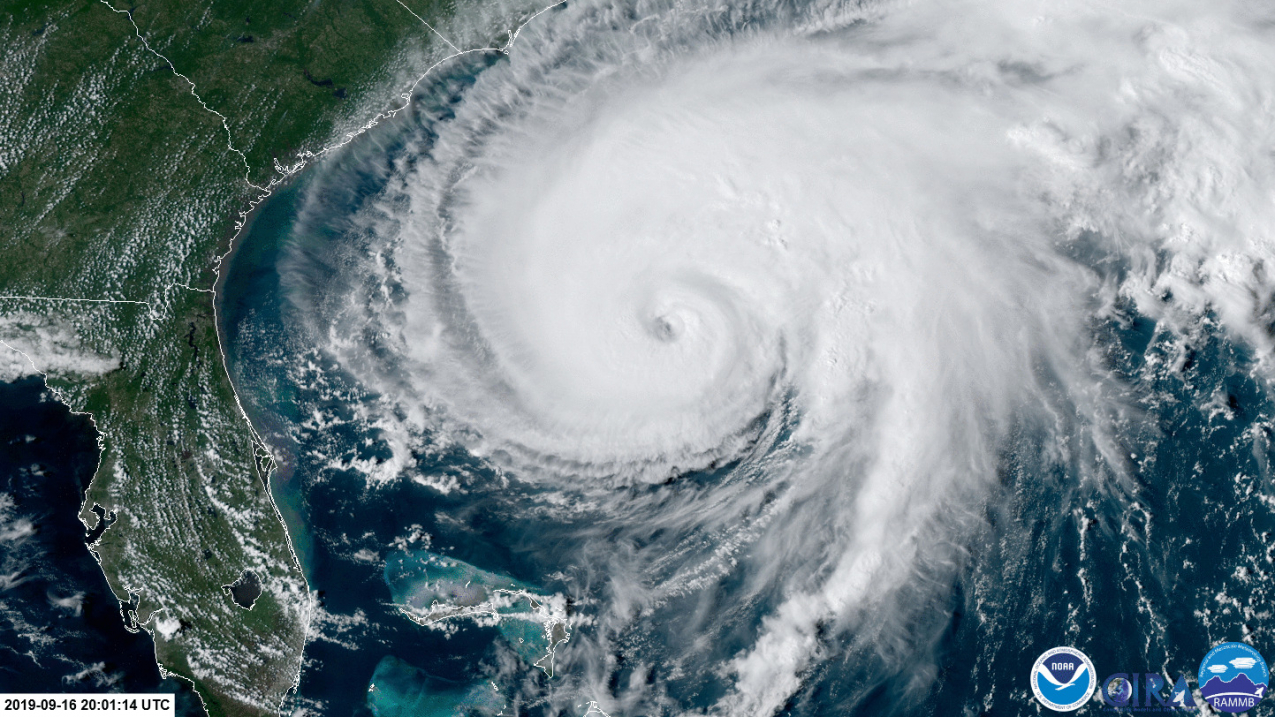Cardiovascular
Tropical systems pose increased risk to those with cardiovascular disease
AUSTIN (KXAN) — Tropical systems bring various impacts – to land, infrastructure, and people. With the deadliest part of a storm being water (rainfall, flooding, storm surge, etc.), there are other, and sometimes more hidden, threats — particularly for those with cardiovascular disease.
Meteorologist Kristen Currie spoke with a doctor associated with the American Heart Association to learn more.
Below is a transcript of their conversation. Edits have been made for clarification.
Kristen Currie, KXAN News: As we get further into summer, two things we really watch for here in Central Texas are wildfires and potential tropical systems. So joining me today is Dr. Matt Ashley who serves on the Board of Directors for the American Heart Association and Chief Medical Officer at the Center for Neuro skills. How do tropical systems impact those with cardiovascular issues, more than that of, let’s say someone without?
Dr. Matt Ashley, Center for Neuro Skills: Well, hurricanes, like wildfires and other disasters, can can have an impact on air quality. It’s important for people who have survived stroke, and may have disabilities, to recognize that they’re going to have additional needs in terms of preparation for those types of events. That means making sure that they have their evacuation plans in place, making sure that their loved ones who may be needing to provide them with assistance are able and ready to do so. And then, of course, in addition to having the same types of evacuation supplies most people have in their homes, they may need to have additional supplies, for example, medications, medical supplies.
Currie: One of the things I thought was really interesting is there was a study done that said that cardiovascular disease joined drowning as one of the top causes of death after Hurricane Katrina. Did that surprise you at all?
Dr. Ashley: It’s perhaps a little bit surprising at first, but when you really think about it, it makes a lot of sense. People who’ve had ongoing chronic conditions related to cardiovascular health, they really require continuous support from our medical systems and from their environment. And when that’s disrupted, it can have a profound impact. Then add to that the acute stress of the effect itself on an individual who moves to that risk, and it’s just the recipe for some unfortunate outcomes. So being prepared ahead of time and recognizing the threat, that is really the key in minimizing people’s risk.
Currie: Dr. Matt, Ashley, thank you so much for joining us today.

